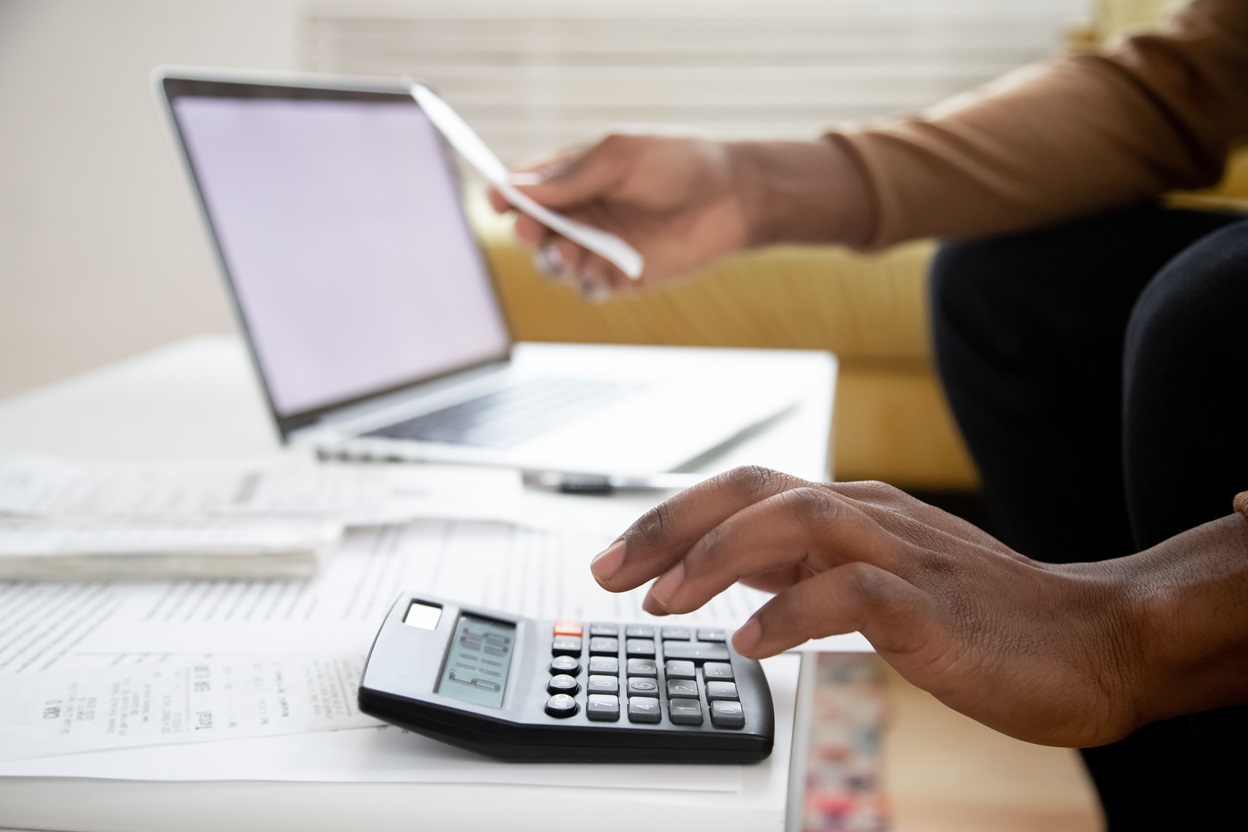59 no be beans.
According to Frederick Douglass, one of the leaders of the anti-slavery movement, A battle lost or won is easily described, understood, and appreciated, but the moral growth of a great nation requires reflection, as well as observation, to appreciate it. This is the story of Nigeria; the story of strength, resilience and reflection. Fifty-nine years down the line, we are celebrating a nation that is still standing despite all that has happened in its history and although we aren’t there yet, we have reasons to be proud; we still have rice, we have started producing pencils and toothpicks and we own the African entertainment industry(shout out to our African giants).
We also finally have our cabinet ministers; all because Issa miracle working God. We are hopeful the appointed ministers will provide the required leadership for the possibility of necessary reforms especially in critical sectors of the economy. The Nigerian economy has come a long way since independence with seven successful military coups, one civil war and three economic recessions all in 59 years. Despite these odds, we are still here with a relatively more stable political atmosphere, and of course, we hope things get better; We don’t have another Nigeria.
Brother Yemi and the team recently released the quarterly GDP report where our growth rate dropped from 2.10% in the first quarter to 1.96% in the second quarter. Most of the sectors contracted; Agriculture, Transportation, Manufacturing and Trade all had reduced activity in the second quarter which puts a serious question on how far we have gone in diversifying our economy especially as our oil sector experienced a swell in expansionary momentum (that’s what our Professor said), a first since the first quarter in 2018.
The Walking Debt
Our debt profile revealed that we had an external debt of N24.1 Trillion, a 12.25% increase from 2017. While debt in itself isn’t bad, the records showed that Nigeria spent more than 40 percent on recurrent expenditure. One of the major challenges before the new administration will be to reduce recurrent expenditure while focusing on more expansion-based policies that will stimulate the economy for our ever-increasing debt profile. There has also been the case of the $9bn debt payment owed to P&ID( Process and Industrial Development); an Irish company for a power project, they recently won a case against the federal government and while it is still being dragged, we can only hope for the best; $9bn is not small money biko.
It was also announced that the country had spent about 11trillion naira to pay outstanding subsidy debts gathered in the last six years and had approved another 129bn for fuel subsidy payment in 2019. It is expected that with new refineries set to become operational in 2020, subsidy payments will reduce, and the funds can be channeled into initiating developmental projects instead. The separation of the Power Ministry from the Housing and Works is also expected to improve the power sector coupled with reforms currently going on in the sector (Hello from Magodo), we hope 2019 is a charm, we don’t want to be using lanterns unless its solar bought from Imperium; Sterling Bank’s renewable energy digital platform.
Tax and Trade
Uncle Fowler of FIRS announced the implementation of VAT (Value Added Tax) on online transactions. It means that online shopping for that bag/shoe is about to be a tiny bit more expensive (by 5%). The move which is expected to add $3.6 billion per quarter to Nigeria’s economy is set to commence from January 2020 so we just want you to take note and prepare for it. We also signed AFCTA (African Continental Free Trade Agreement) which would allow free movement of goods around Africa, take it as Africa without borders; while this has generated mixed reactions, it is evident that Nigeria would have to improve on its ease of doing business. This goes beyond making land available for investors, quick clearance of goods from the ports and less complicated visa processing. To make the most of this deal, the country must reduce the cost of doing business, fix decadent social infrastructures such as roads, rail, air and water transport, provide affordable power and provide adequate security. Trade is poised to grow by 30% in the next few years of implementation. It is not too early to be thinking Africa for that small business of yours!
Prof’s Position
Our economic growth is still largely oil-induced and oil prices are still dependent on the mood of Donald’s which is not sustainable. While technology is still a sure bet, Uncle Godwin has decided that there would be an improved focus on SMEs, Creative industry, Real Estate among others, we can start looking at how to leverage on this for our business. Expectedly, in the coming period the turn-ups and summer vacations that is associated with the fourth quarter is expected to lift sectors such as accommodation, livestock sub-sector, trade, transportation and recreation; growth is more seasonally driven in these sectors as demand is driven by festivities. The Agricultural sector will consistently remain this administration’s preferred sector, especially the crop sub-sector. In the end, we hope leadership gets it right so that there can be no more insufficient funds (and even if there is, there is always Specta).
Read more on Serious Magazine.










